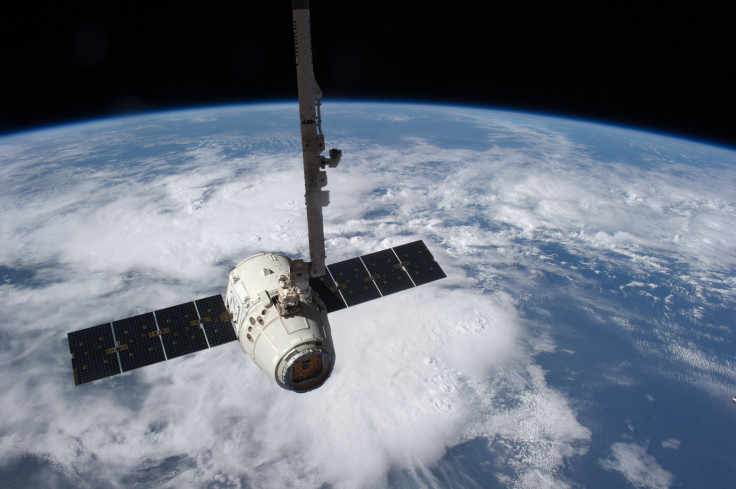SpaceX And Elon Musk Are Planning To Bring The Internet To Space

SpaceX has so many projects going on at once they can be hard to keep track of. Most recently, documents became available showing that CEO Elon Musk is making strides with his project to bring the internet to space, according to The Verge.
FCC forms show that SpaceX reps met with Chairman Ajit Pai on March 9, and that during the meeting SpaceX “discussed the advances in launch, spacecraft and ground technology that will permit large constellations of highly-intelligent satellites to provide high-speed, reliable and affordable broadband service to consumers in the U.S. and around the world.”
Chairman Pai was appointed by President Trump in January, he’s a big proponent of free and open markets that spur competition his FCC bio says. In a speech in Pittsburgh earlier this week he concentrated on the importance of internet access for all Americans, something the SpaceX project would help provide. Pai is also known for his strong stance against unnecessary restrictions plans to weaken restrictions on satellite licensing, according to Space News.
Read: Elon Musk And SpaceX Are Sending Two Mystery People To Space
Musk first introduced the idea of a universal internet in space back in 2015, initially to connect people on Mars to the Internet and bring access to people who are lacking it. A proposal for the project was made back in November. That proposal details the “non-geostationary orbit satellite system” SpaceX wants to put in place, a constellation of more than 4,400 satellites, initially with 1,600 and eventually launching an additional 2,825. Such an extensive system would allow for “full and continuous global coverage,” said the proposal. The goal of the system is to bring universal wireless internet to all Internet users worldwide and potentially to people in space as well.
The satellites would be positioned at various angles and heights so that areas within various latitudes could be covered. The proposal even outlines re-entry processes for the satellites once they pass the five to seven-year expected lifespan. In this section, SpaceX is projecting estimates for satellites that go into orbit as early as 2019, those would need to be replaced in 2024.
The proposal made no mention of cost or funding.
© Copyright IBTimes 2024. All rights reserved.





















